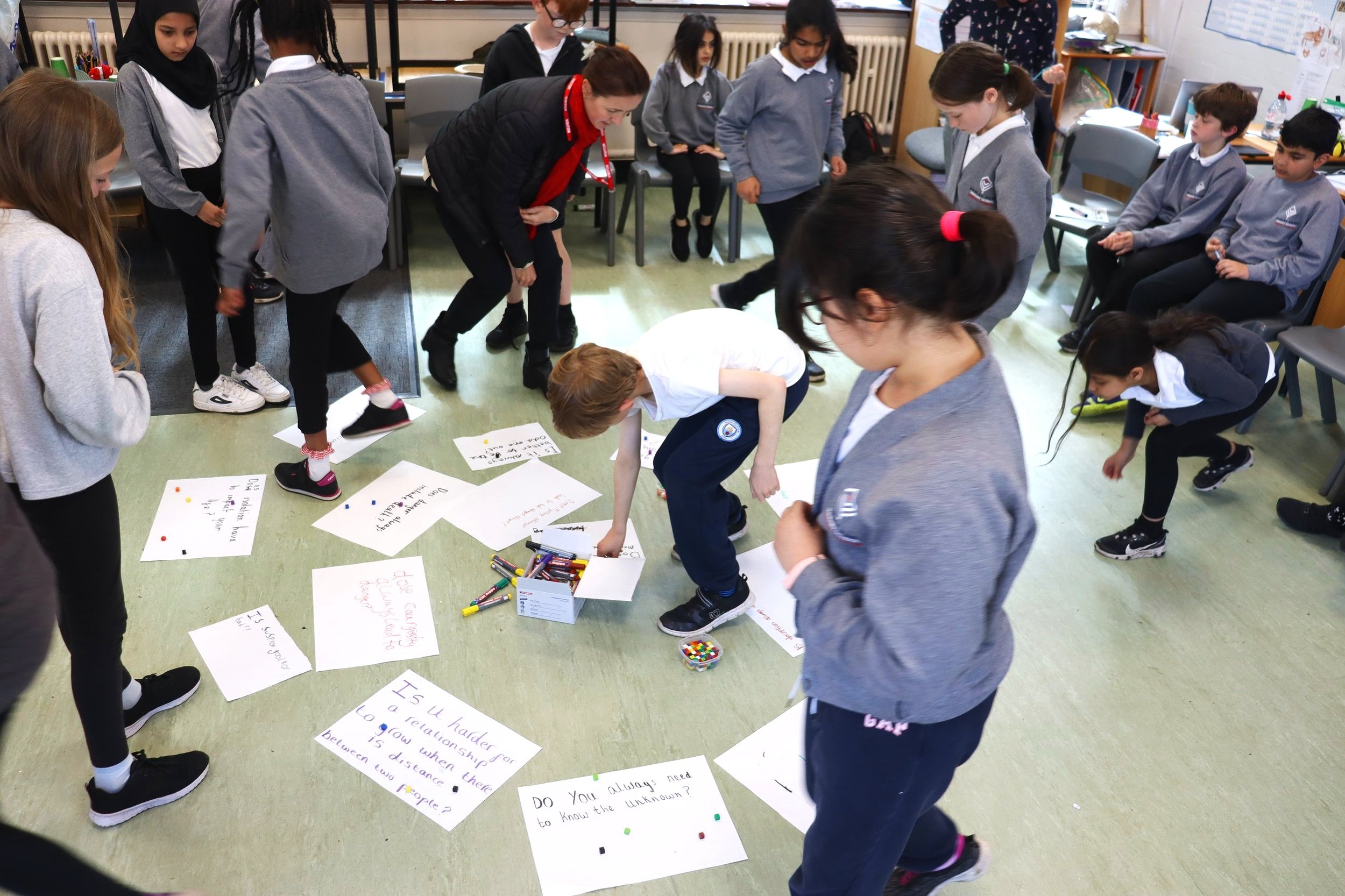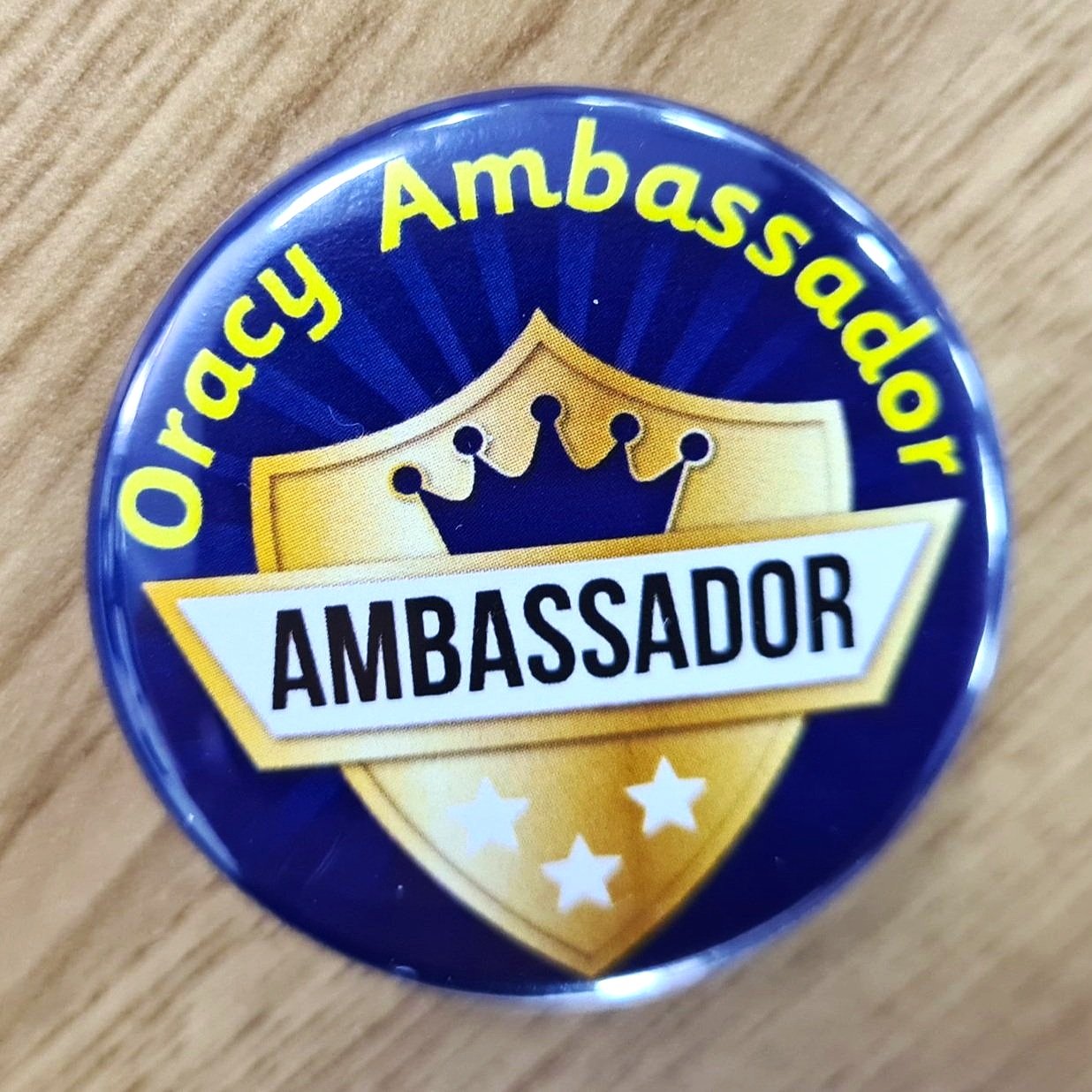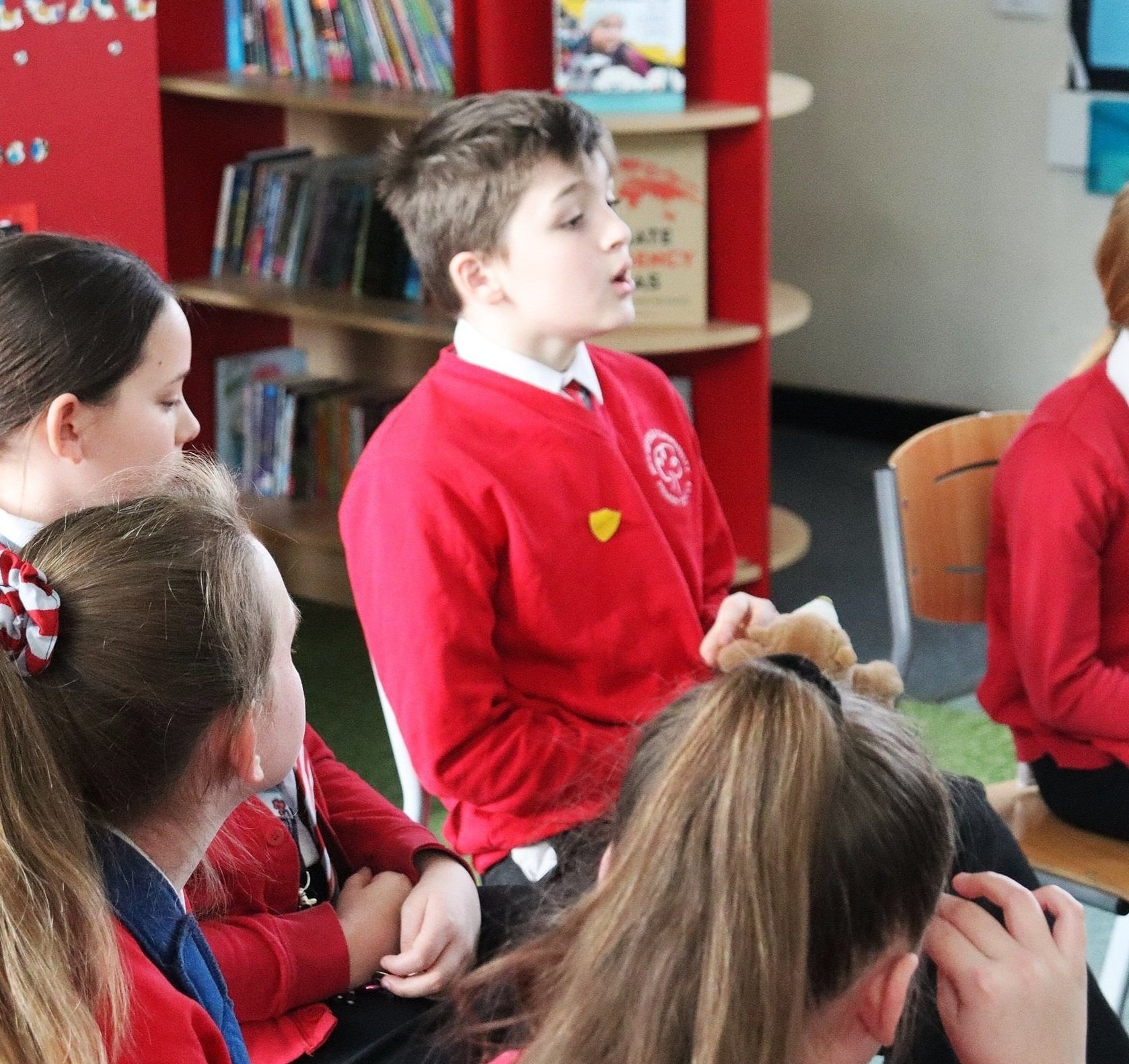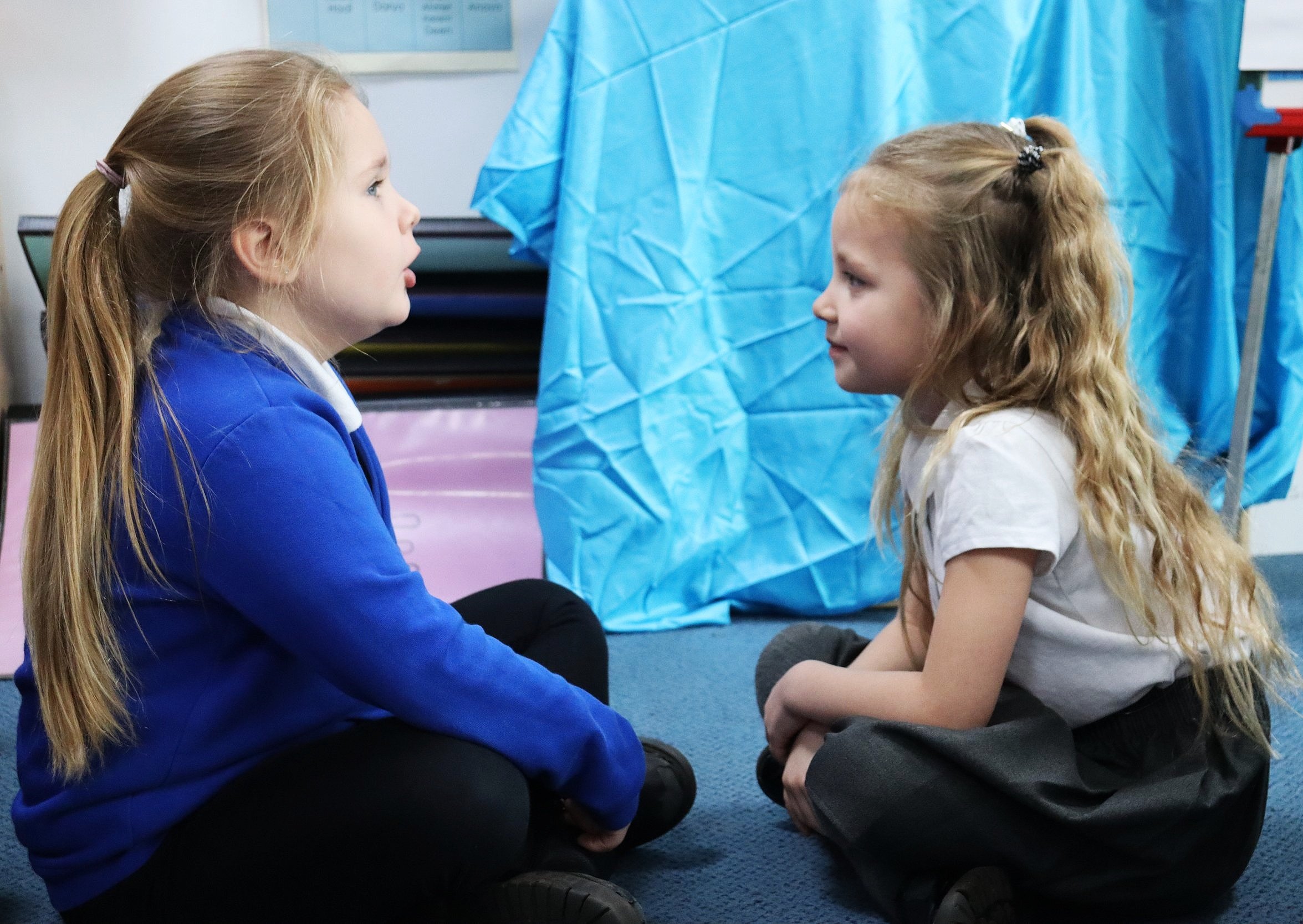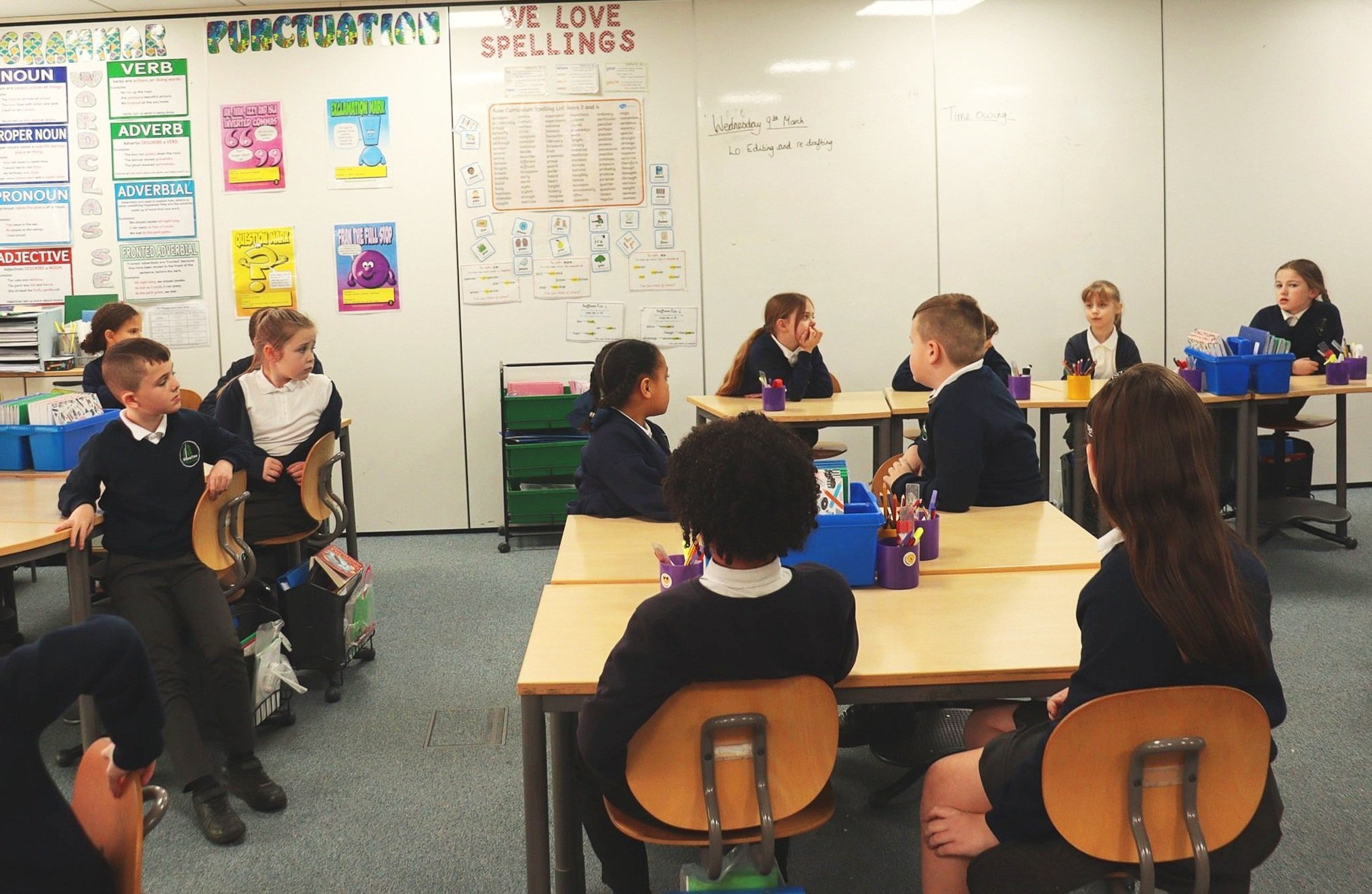It’s worth investing time at the beginning of the school year to develop high-quality classroom talk. One key thing is that everyone agrees on some basics, such as:
We will show we are listening to the speaker.
We will ask questions to help us learn more.
We will support others with evidence, and politely challenge if we disagree.
Rather than simply imposing a set of rules, I like to give students time to discuss. Ways to do this include:
Give eight possible ‘rules’ and ask them to decide in small groups which five are the most important.
Have pupils rank the statements in order of most important to least important.
Ask pupils if they would modify any of the proposed rules.

Every idea counts?
It’s interesting and valuable to hear their thoughts. Here are some comments from children age 8-11 in Manchester:
We will all join in because all ideas lead to learning.
Every idea counts: We all learn from each other. All ideas lead to better learning…
I like that joining in is made the most important… you might have an idea that’s not what everyone else is thinking…
I struggle with ‘ALL’ – I don’t think I agree that all ideas lead to learning about the topic.
Everybody should join in so people can learn. If we don’t listen then we won’t learn!
Here’s a previous post about how a Talk Promise can impact on learning.
Ways to keep everyone engaged and develop the community of enquiry
Reminders from six-year-olds about some of the benefits of P4C
Pupils feel that P4C helps them with everything from relationships to confidence to staying calm
Pupil voice about whole-class talk in Reading lessons
Pupil voice from younger children shows how they enjoy thinking and talking together
Pupils tell us why they think their peers don’t raise their hands
Pupils and teachers talk about how Philosophy for Children enhances teaching and learning
If you’re not yet doing P4C – this video will convince you. If you are, it will convince you to do more.
Children describe how P4C helps them listen to others and to express themselves
Examples of what staff decided to do differently, after reading pupil voice about talk in their classrooms.
More pupil voice about the idea of changing talk partners more often.
‘Hands up’ is a very common way of inviting pupil participation in lessons. However, research shows that typically only around 25% of the class raise their hands.


